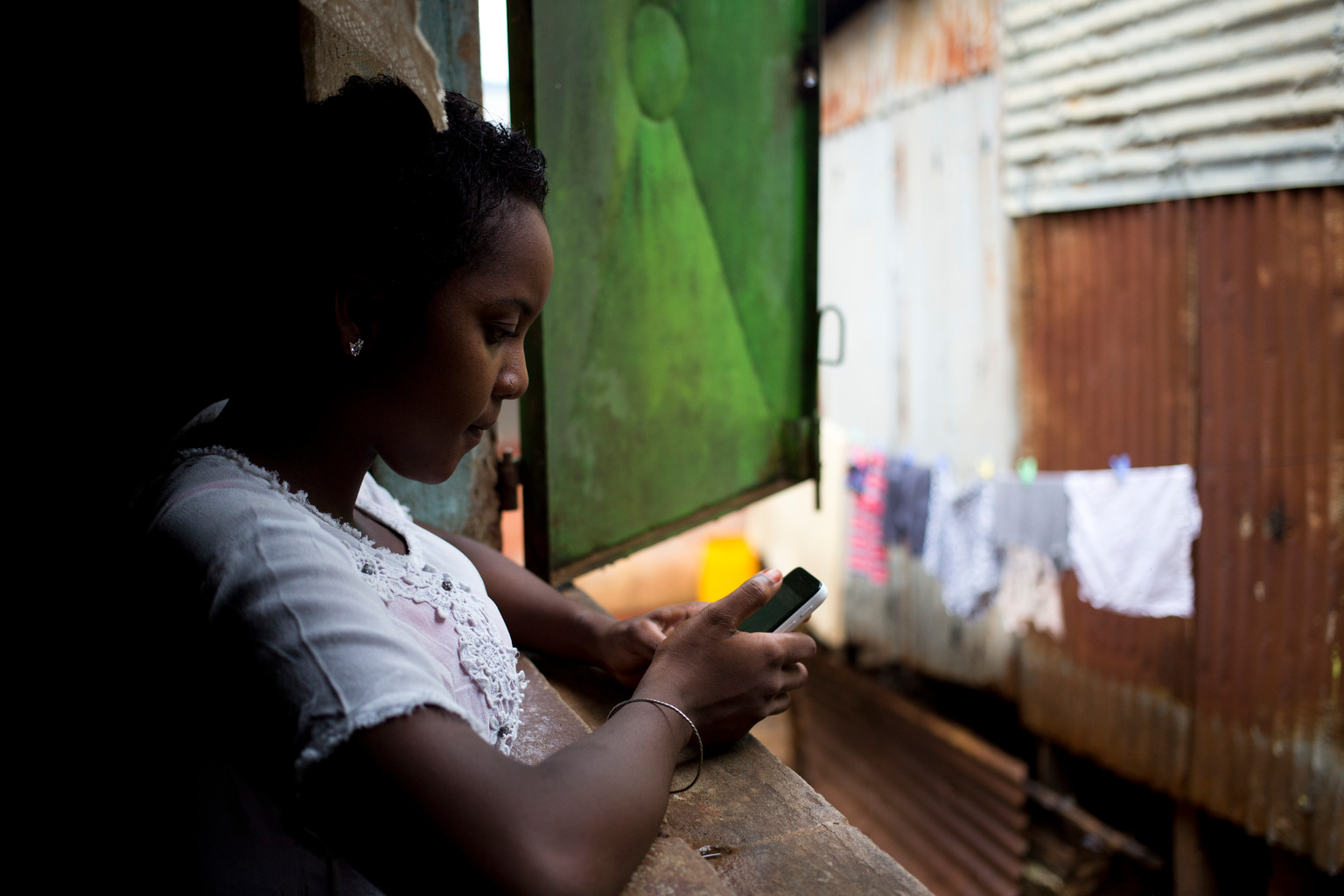
Representative image.
The conclusion of phase 1 of Disrupting Harm, the large-scale, multi-country research project generating evidence to understand the scope and nature of online child sexual exploitation and abuse (CSEA), funded by End Violence’s Safe Online initiative, has revealed crucial findings on the issue and on how national child protection systems are responding to this fast-growing form of violence against children.
And key perspectives that are framing discussion and action are the brave young voices of survivors. Disrupting Harm has published a new report ‘Conversations with Young Survivors’, which documents the conversations held with female and male young people who had been subjected to online CSEA in Kenya, South Africa, Namibia, Malaysia and Cambodia.
On 19 January 2023, the report was launched through a virtual event that presented a chance to delve deeper into the experiences of survivors who participated in the project. The event focused on understanding and interpreting what these young people were subjected to and exploring their ideas and solutions to inspire action from government, private sector, and civil society leaders.
Mama Fatima Singhateh, United Nations Special Rapporteur on the sale and sexual exploitation of children, opened the discussion by outlining the need for projects such as Disrupting Harm and to make children better aware of and empowered against online CSEA. Stating that “children’s lived experiences are indispensable”, she encouraged child participation in planning, shaping and monitoring efforts by all actors to combat online CSEA.
Through the course of the ECPAT-hosted webinar, participants discussed the crucial messages and lessons learnt from children and young survivors’ experiences. Speakers included Susan Wairimu, Advocate for Sexual and Reproductive Health and Rights, Survivor and Teen Mom from Kenya, Serena Tommasino, Knowledge and Advocacy Expert, Safe Online initiative at the End Violence Partnership, Guillaume Landry, Executive Director, ECPAT International and the professionals who had facilitated conversations with young people from Kenya, Namibia and Malaysia.
End Violence’s Serena Tommasino highlighted that the work and investment strategy of Safe Online was deeply centred around evidence and data generation, stressing the critical value of children's perspectives and survivors’ voices to inform programs, policies and advocacy including the diverse investments to tackle CSEA. “What we have really valued the most throughout our work is the voices of children, particularly survivors. Their stories tell us why we need to keep trying to tackle this horrible problem, but their experiences are also paving the way to solutions we can jointly develop with them,” she said “And this gives me hope we can do it – we can and must make the internet a safer place for kids.”
What we have really valued the most throughout our work is the voices of children, particularly survivors. Their stories tell us why we need to keep trying to tackle this horrible problem, but their experiences are also paving the way to solutions.
Several themes emerged from the voices of survivors:
Survivors reported that stigma and caregivers’ reluctance to talk about sex and sexuality makes it difficult to seek help. Environments that result in discomfort, shame, or embarrassment make it more difficult for children and young people to report and seek help when experiencing sexual exploitation or abuse.
Children also expressed their need to be helped – both in understanding the internet’s rules and when things went wrong. Young people valued support in terms of setting up and managing their accounts rather than information that simply banned or discouraged their use. And survivors stressed that those who disclose online sexual exploitation and abuse need their caregivers to listen and be patient with them when help is asked for.
The report revealed the urgent need for young people to be offered age-appropriate education about setting healthy boundaries, their sexual development, and rights. When children do not know these things, it enables offenders to take advantage of them. They need to be listened to, equipped and empowered in the fight against CSEA.
Learn more about Disrupting Harm and other efforts to keep children #SafeOnline.
Image: © UNICEF/UN015588/Prinsloo